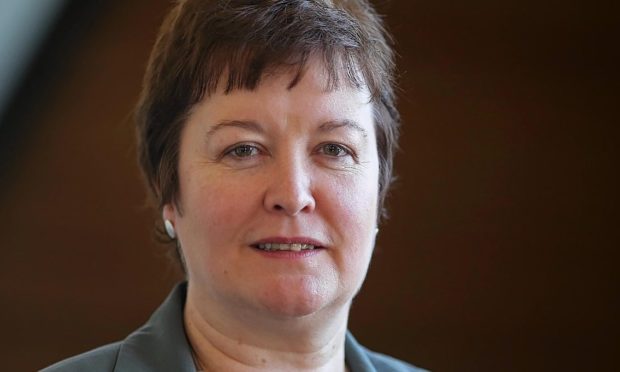Fears the new GP contract will hit rural vaccinations will be raised at Holyrood after a leading doctor forecast immunisation rates will fall.
Highland MSP Rhoda Grant will ask the Scottish Government about the impact of the new contract on vaccination rates after concerns were raised by Professor Phil Wilson, Director of Aberdeen University’s Centre for Rural Health.
Professor Wilson said he was unable to see the new contract’s vaccination system being able to deliver immunisation rates that are as high as they are currently.
Under the new contract, MMR and flu injections traditionally given at local doctors’ surgeries will be delivered by clinics set up by health boards.
The new system is being introduced in an attempt to reduce GP workloads, but Professor Wilson believes it will result in rural patients missing the clinics.
“In urban areas sending round a health board run immunisation team might make sense,” Professor Wilson said.
“But how is this going to work in remote areas where teams would either visit occasionally or be located in some central site?
“People would either have to travel long distances to get an injection or might miss the team altogether.
“Under the current system, if a vaccination is missed it can be picked up by the local GP who can give the patient the injection when they next visit.
“But rural GPs are no longer going to get the resources to do vaccinations and that’s a worry.
“Under the new contract, I can’t see a health board administered system being able to deliver immunisation rates as high as they are currently in rural areas.”
Professor Wilson added: “I simply can’t see it working. If the current system isn’t broke, why fix it? The new system would also inevitably be more expensive and inefficient.”
Ms Grant has also had long-standing concerns about the impact of the GP contract on injections and intends to table parliamentary questions on the issue in the New Year.
The Labour MSP said: “Problems with the GP contract for remote and rural areas rumble on and the new system for vaccinations is definitely one aspect which is a cause for concern.
“The separate organisation which will take responsibility for vaccines, I believe, could be three or four times more expensive than GP administration and it will be without access to GP records.
“Therefore, health boards have to consider what’s best for patients and the public purse.”
A Scottish Government spokesman said: “To support the introduction of the new GP contract we have recently published guidance to allow flexibility on how GP services are delivered in remote and rural areas.
“This means that GPs to continue to carry out vaccinations where this is in the best interests of patients and meets local needs.
“The vaccination transformation programme will not adversely impact uptake rates or instruct boards on how to deliver vaccinations in their area.
“Different delivery options may also provide opportunities and benefits which are not possible within current arrangements.”
